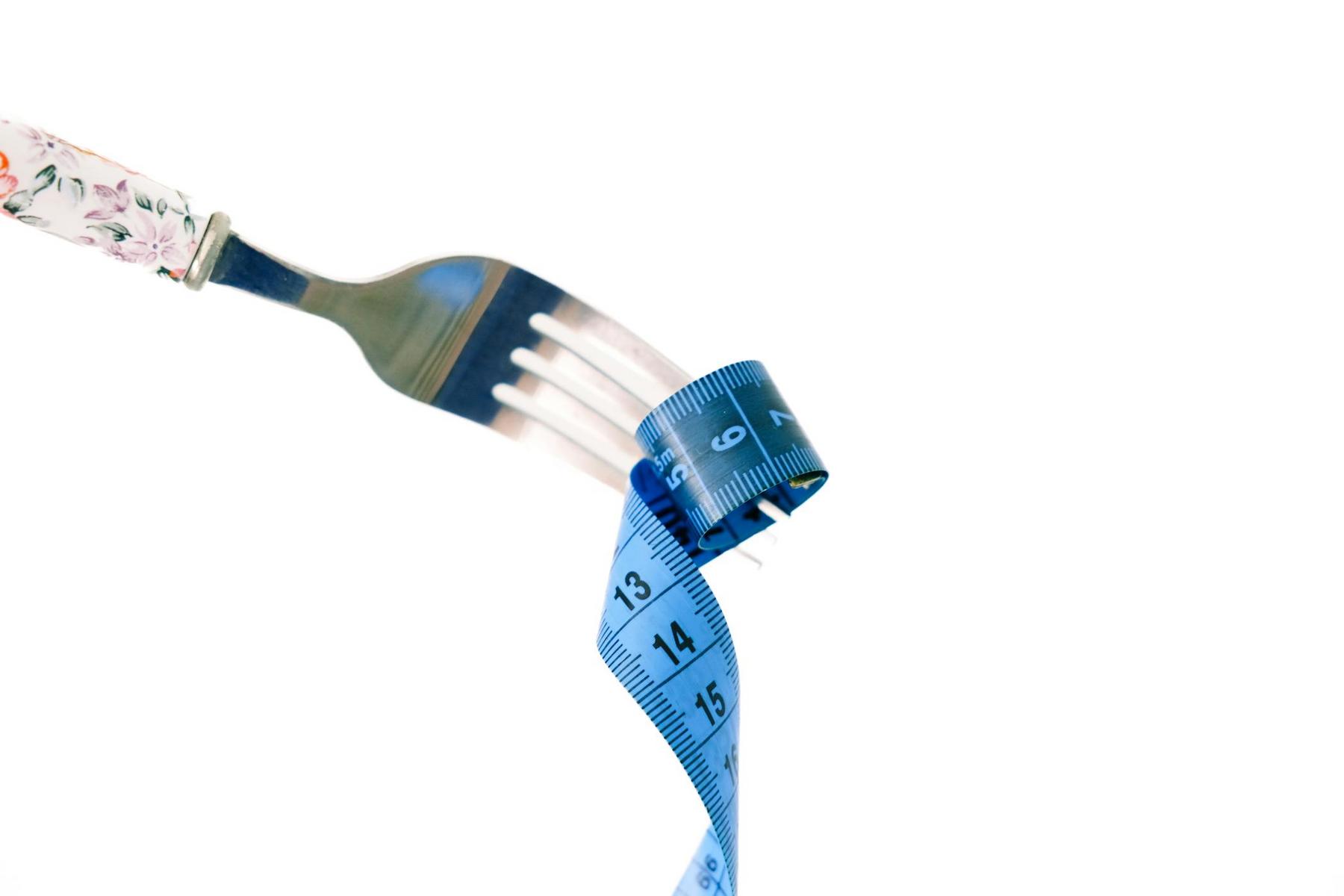Have you ever experienced the frustration of eating well, exercising consistently, yet seeing no movement on the scale? Many individuals committed to weight management find themselves battling an invisible adversary: water retention. This physiological phenomenon can mask actual fat loss progress, leading to discouragement and abandoned weight goals. Understanding and addressing fluid retention represents a critical yet often overlooked component of successful weight management. This comprehensive guide examines evidence-based strategies to combat water retention and achieve more accurate, satisfying weight results.
What Causes Water Retention During Weight Management?
Water retention, medically known as edema, occurs when excess fluid accumulates in body tissues. During weight management efforts, several physiological factors can trigger or exacerbate this condition.
Hormonal influences play a significant role in fluid balance. Elevated cortisol levels resulting from stress, insufficient sleep, or aggressive calorie restriction can signal the body to retain sodium and water. This explains why highly restrictive diets often lead to frustrating plateaus rather than consistent progress.
Dietary factors represent another primary contributor to water retention:
- Sodium consumption: High sodium intake disrupts the body’s fluid homeostasis, causing cells to hold onto water. The average Australian diet contains significantly more sodium than the recommended 2,000mg daily limit.
- Carbohydrate storage: Each gram of glycogen (stored carbohydrate) binds to approximately 3-4 grams of water. Fluctuations in carbohydrate intake directly impact water weight.
- Potassium-sodium imbalance: When potassium intake is insufficient relative to sodium consumption, fluid balance becomes compromised.
Physical inactivity promotes fluid pooling, particularly in the lower extremities. This explains why long periods of sitting or standing can lead to swollen ankles and feet.
Understanding these mechanisms provides the foundation for implementing effective countermeasures against water retention during weight management.
How Does Water Retention Affect Weight Loss Results?
Water retention can significantly impact both objective measurements and subjective perceptions of weight management success.
Masking Fat Loss Progress
Perhaps most frustratingly, water retention can completely obscure actual fat loss. Research indicates that daily weight fluctuations of 2-5 pounds (0.9-2.3 kg) are common and primarily reflect changes in fluid balance rather than body fat. This means you could be successfully reducing adipose tissue while seeing no change—or even an increase—on the scale.
Creating False Plateaus
Many individuals experience what researchers call “the whoosh effect”—a phenomenon where weight remains stable for days or weeks despite maintaining a caloric deficit, followed by a sudden drop as retained water is released. These apparent plateaus often lead to unnecessary changes in diet or exercise protocols when patience might be the better approach.
Impacting Body Measurements
Fluid retention doesn’t just affect scale weight—it also influences body measurements. Bloating and swelling can temporarily increase waist circumference and limb measurements, potentially masking changes in body composition.
| Factor | With Water Retention | Without Water Retention |
|---|---|---|
| Scale Weight | Stagnant or fluctuating despite caloric deficit | Gradual, consistent decline reflecting fat loss |
| Body Measurements | Inconsistent changes, influenced by bloating | More reliable indicator of fat loss |
| Visible Results | Potentially masked by bloating and swelling | More noticeable definition and contour changes |
| Motivation | Often decreases due to apparent lack of progress | Maintained through visible results |
Understanding this distinction helps establish realistic expectations and maintain motivation during weight management efforts.
Which Dietary Strategies Help Combat Water Retention?
Strategic dietary modifications represent the front-line approach to managing water retention. Evidence-based nutritional interventions can restore fluid balance while supporting overall weight management goals.
Balancing Sodium and Potassium Intake
The interplay between sodium and potassium significantly impacts fluid regulation:
- Reduce sodium consumption: Limit processed foods, restaurant meals, and ready-made sauces, which often contain excessive sodium. Research suggests that reducing sodium intake can prompt rapid water weight reduction within days.
- Increase potassium-rich foods: Consuming adequate potassium helps counterbalance sodium’s effects. Foods like bananas, spinach, avocados, and sweet potatoes support healthy fluid balance. Aim for the recommended daily intake of 3,500-4,700mg.
Optimising Hydration
Contrary to intuition, proper hydration actually helps reduce water retention. When consistently dehydrated, the body activates water conservation mechanisms that exacerbate fluid retention. Consuming 2-3 litres of water daily helps:
- Flush excess sodium
- Support kidney function
- Prevent dehydration-triggered retention
- Maintain cellular hydration
Including hydrating foods like cucumbers, watermelon, and celery provides additional benefits through their natural electrolyte content and mild diuretic properties.
Strategic Carbohydrate Management
Carbohydrate manipulation can effectively manage water weight, particularly during specific phases of weight management:
- Each gram of stored glycogen binds 3-4 grams of water
- Reducing carbohydrate intake temporarily decreases water weight
- Focus on complex carbohydrates with high fibre content to support gut health and reduce bloating
- Avoid dramatic carbohydrate fluctuations which can trigger water retention cycles
Incorporating Natural Diuretics
Certain foods and beverages contain compounds with natural diuretic properties that may help reduce water retention:
- Magnesium-rich foods: Nuts, seeds, and leafy greens support proper fluid regulation. Magnesium deficiency is associated with increased water retention.
- Herbal teas: Dandelion and green tea may support healthy fluid balance.
- Potassium-rich fruits: Bananas, oranges, and kiwis help maintain electrolyte balance.
It’s important to note that these natural approaches should complement, not replace, fundamental nutritional principles.
What Lifestyle Changes Can Reduce Fluid Retention?
Beyond dietary interventions, specific lifestyle modifications play a crucial role in managing water retention for improved weight results.
Strategic Physical Activity
Regular movement improves circulation and lymphatic drainage, reducing fluid pooling:
- Moderate cardiovascular exercise promotes sweating and fluid circulation
- Walking helps reduce lower-body swelling by improving venous return
- Specific yoga poses can target fluid drainage from commonly affected areas
- Avoiding prolonged sitting or standing prevents gravitational fluid pooling
The key is consistency rather than intensity—moderate daily activity proves more effective for fluid management than occasional intense sessions.
Stress Management and Sleep Optimisation
Chronic stress elevates cortisol, directly contributing to fluid retention. Similarly, insufficient sleep disrupts hormonal balance. Evidence-based approaches include:
- Meditation and mindfulness practices: Even 10 minutes daily can significantly reduce cortisol levels
- Adequate sleep duration: Aim for 7-9 hours nightly
- Sleep environment optimisation: Temperature, light control, and minimal disruptions
- Stress reduction techniques: Deep breathing, progressive muscle relaxation, or guided imagery
Avoiding Counterproductive Practices
Certain common weight management approaches can ironically worsen water retention:
- Crash dieting: Severe caloric restriction (>25% reduction) triggers cortisol release and subsequent water retention
- Excessive exercise: High-intensity training without proper recovery increases inflammation and fluid retention
- Rapid weight cycling: Frequent diet changes disrupt fluid homeostasis
- Reliance on scale weight only: Using multiple progress metrics provides more accurate assessment
Implementing balanced, sustainable approaches prevents the hormonal disruptions that contribute to fluid retention.
When Should You Seek Professional Help for Water Retention?
While transient water retention often responds to lifestyle interventions, certain patterns warrant professional evaluation. Consider seeking medical guidance when:
- Sudden or severe swelling occurs, particularly in one limb
- Water retention persists despite consistent lifestyle modifications
- Swelling accompanies other symptoms like shortness of breath or chest pain
- Medications may be contributing to fluid retention
- Underlying medical conditions may require management
Healthcare providers can differentiate between normal fluid fluctuations and pathological edema requiring specific interventions. They may recommend:
- Comprehensive evaluation of potential causes
- Adjustments to existing medications
- Professionally guided nutritional modifications
- Appropriate medical interventions when necessary
Telehealth services now make professional evaluation more accessible than ever, offering convenient expert guidance without the need for in-person visits.
How Can Medical Weight Management Support Better Results?
Structured medical weight management programs offer comprehensive approaches to addressing both water retention and underlying weight management challenges. These evidence-based programs provide:
Personalised Assessment and Monitoring
Medical weight management includes thorough evaluation of factors contributing to water retention, such as:
- Hormonal influences
- Medication effects
- Dietary patterns
- Physical activity levels
- Sleep quality
- Stress factors
This comprehensive approach identifies specific contributors to water retention that might otherwise go unaddressed.
Evidence-Based Interventions
Healthcare professionals can recommend targeted interventions beyond general advice:
- Structured nutritional guidance: Personalised meal planning considering specific dietary needs and preferences while addressing water retention
- Activity recommendations: Tailored exercise protocols that improve circulation without exacerbating inflammation
- Monitoring protocols: Regular assessment of multiple progress metrics beyond scale weight
- Psychological support: Addressing emotional factors that may contribute to stress-induced water retention
Ongoing Support and Accountability
Perhaps most importantly, medical weight management provides consistent professional guidance throughout the journey:
- Regular consultations to evaluate progress
- Adjustments to protocols as needed
- Expert interpretation of results
- Modification of strategies during plateaus
- Sustainable transition to maintenance
This structured support helps navigate the complex interplay between water retention and weight management for optimal results.
Achieving Sustainable Results Through Balanced Fluid Management
Effectively combatting water retention represents an essential component of successful weight management. By understanding the physiological mechanisms behind fluid retention and implementing evidence-based strategies to address them, individuals can:
- More accurately assess their actual progress
- Maintain motivation during apparent plateaus
- Experience more consistent results
- Develop sustainable approaches to weight management
The key lies in addressing water retention holistically through balanced nutrition, strategic physical activity, stress management, adequate sleep, and professional guidance when needed. This comprehensive approach supports not only improved weight results but also enhanced overall wellbeing.
Rather than viewing water retention as merely an inconvenient side effect of weight management efforts, recognise it as a critical factor requiring specific attention. By incorporating the strategies outlined in this guide, you can navigate the complexities of fluid balance while pursuing your weight management goals.
Can water retention completely mask fat loss?
Yes, water retention can temporarily obscure fat loss completely. Research shows daily weight fluctuations of 2-5 pounds (0.9-2.3 kg) due to fluid changes are normal. This means you could be successfully losing fat while seeing no change—or even an increase—on the scale due to water retention. This phenomenon explains why some individuals experience sudden drops in weight after periods of plateau when water is finally released.
How much weight fluctuation from water is normal?
Normal water-related weight fluctuations typically range from 1-4 kg (2.2-8.8 pounds) within a 24-hour period. These variations result from normal fluid balance changes related to hydration status, carbohydrate intake, sodium consumption, hormonal fluctuations, and physical activity. Women often experience greater fluctuations during menstrual cycles, with some reporting up to 2 kg additional water weight during certain phases.
Which natural strategies are most effective for reducing water retention?
The most effective natural approaches for reducing water retention include balancing sodium and potassium intake, maintaining consistent hydration, managing carbohydrate consumption, incorporating magnesium-rich foods, engaging in regular moderate physical activity, and prioritising stress management and adequate sleep.
How quickly can dietary changes reduce water retention?
Many individuals notice significant improvements in water retention within 3-5 days of implementing dietary changes. Reducing sodium intake and increasing water consumption often produce the most rapid effects. Carbohydrate adjustments typically show results within 24-72 hours as glycogen stores and their associated water are metabolised. Comprehensive improvements may take 1-2 weeks as the body re-establishes fluid homeostasis.
Does stress really affect water retention significantly?
Yes, stress significantly impacts water retention through multiple physiological mechanisms. Chronic stress elevates cortisol levels, which directly signals the body to retain sodium and water, while also altering kidney function. Research demonstrates that stress management techniques can measurably reduce fluid retention within days.



